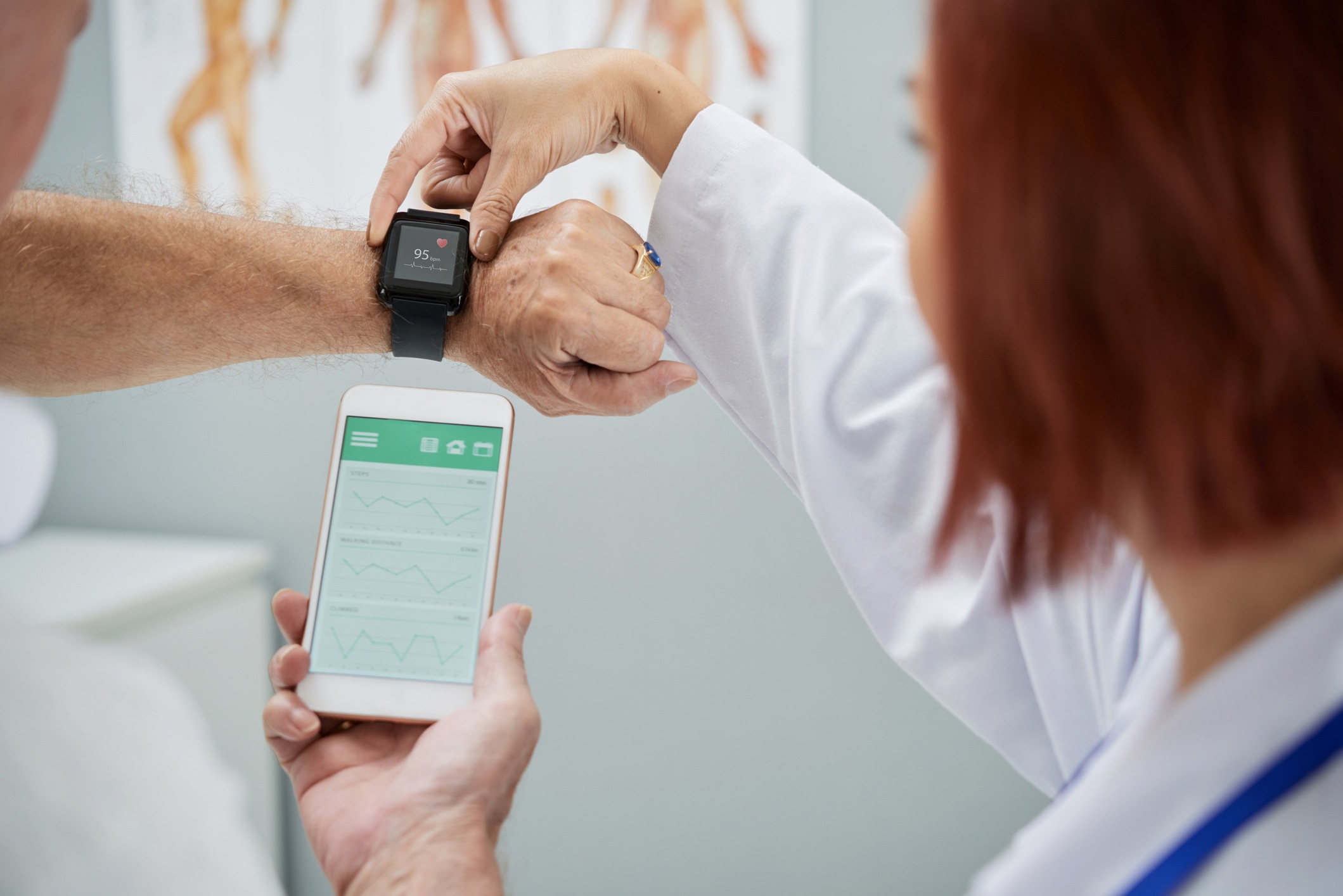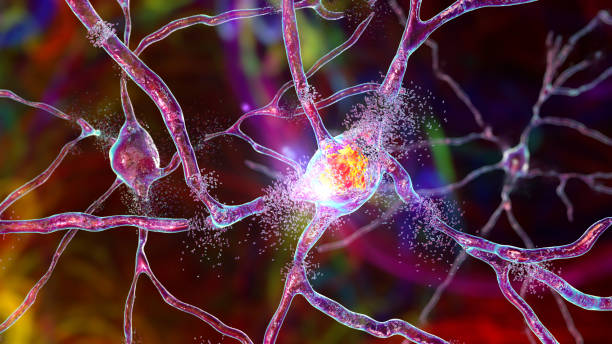5 WORK-RELATED DISEASES AND HOW TO AVOID THEM IN YOUR COMPANY
In a diversity of tasks, employees sometimes neglect their health and well-being. Work-related diseases cause their productivity to drop and, consequently, the results they generate for the company.
Source: Jungheinrich
Do you know what a work-related disease is?
Occupational diseases are various illnesses that cause changes in the health of a company’s employees. They are caused by factors related to the work environment.
Work related diseases differ from accidents sustained at work, such as falls, trips or damage from machinery. These issues might require the services of a personal injury lawyer, such as the team from Mooneerams. Their experts can help your staff to understand if they have a case or not, and whether it is against you or the makers of your equipment. The fault for a personal injury can lie in a range of places, but the best way to reduce the chances of being responsible is to conduct regular audits and provide manual handling training to all staff.
What are work-related illnesses?
Working for hours a day in a certain job, an employee can acquire a variety of work-related illnesses. These are health problems caused by repetition, not using adequate and updated equipment, noise, or other causes depending on the job he or she performs. For this reason, it is important to investigate the risks of each function so that there is a follow-up and the employer does not suffer with the consequences of disturbances that can harm the employee’s function.
Get to know the 5 main work-related illnesses
- RSI
RSI stands for Repetitive Strain Injury. The name of the acronym is already explanatory, because the people who get RSI are those who do the same action repeatedly every day. For example, employees who work in front of a computer, because of the repetitive effort of typing, can acquire tendinitis (inflammation of the tendons).
- MSDS
MSDs are Work-Related Musculoskeletal Disorders. Those who acquire this disease are those who do not work appropriate in postures, called ergonomic equipment and/or postures. If not treated in time, MSDs can worsen and even cause the worker’s disability.
- Permanent or temporary deafness
In some types of work, there is constant noise that can cause a loss of hearing sensitivity. This loss can be temporary or permanent and can happen silently and slowly, which means that it is not a work-related illness that can be avoided because of the pain, because the worker does not realize that he or she is losing their hearing, which is why it is important to pay attention to it.
- Work-related mental suffering
Psychic suffering, such as anxiety and stress, is directly related to the pressures that can occur in the work environment (disagreements, excessive workload, among others).
- Allergic Contact Dermatitis
This is a work-related disease that is characterized by alterations in the mucous membrane and skin of the employee, due to exposure to harmful agents when he/she is carrying out his/her duties. Ulcerations, contact dermatitis, infections, and cancers are some of the illnesses that the term allergic contact dermatitis encompasses.
How to avoid the 5 work-related diseases?
The diseases mentioned above can be prevented, but for this it is necessary that the company adopts essential actions. We have listed for you 5 essential actions to maintain the health and well-being of your employee.
- Offer labor gymnastics
To prevent Repetitive Strain Injury, the company can provide workplace exercises. In addition, it is important that employees take rest breaks during their work;
- Encourage the practice of physical exercises
To combat Work-Related Musculoskeletal Disorders, encourage the practice of physical exercise, in order to strengthen the muscles of your employees. Another important preventive measure is to provide a type of furniture and equipment that promote the correct ergonomic accommodation of the employee for activities developed in offices;
- Reinforce the mandatory use of individual protection equipment
Also encourage the use of personal protection equipment (PPE), such as ear protectors in noisy environments to avoid the deafness mentioned earlier in this post. Besides other equipment, which can also prevent Allergic Contact Dermatitis;
- Build a healthy work environment
Provide your employee with a healthy work environment, with dialogue about his demands, aligning the complexity of each one and being close to help him; and a good relationship, minimizing problems and being available for the employee when he feels overloaded. This will reduce the possibility of him/her developing work-related psychological suffering;
- Carry out vaccination campaigns
Promote vaccination campaigns inside the company for the employees, avoiding the spread of diseases. This initiative aims to reduce the number of lost work days, as well as the absenteeism rate.




